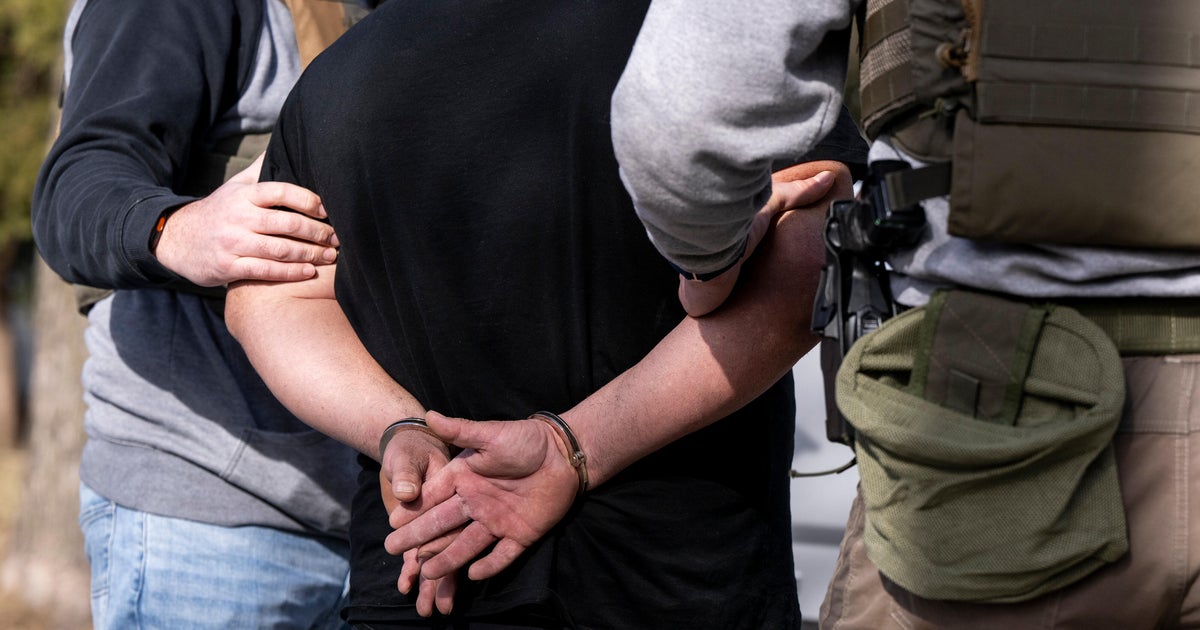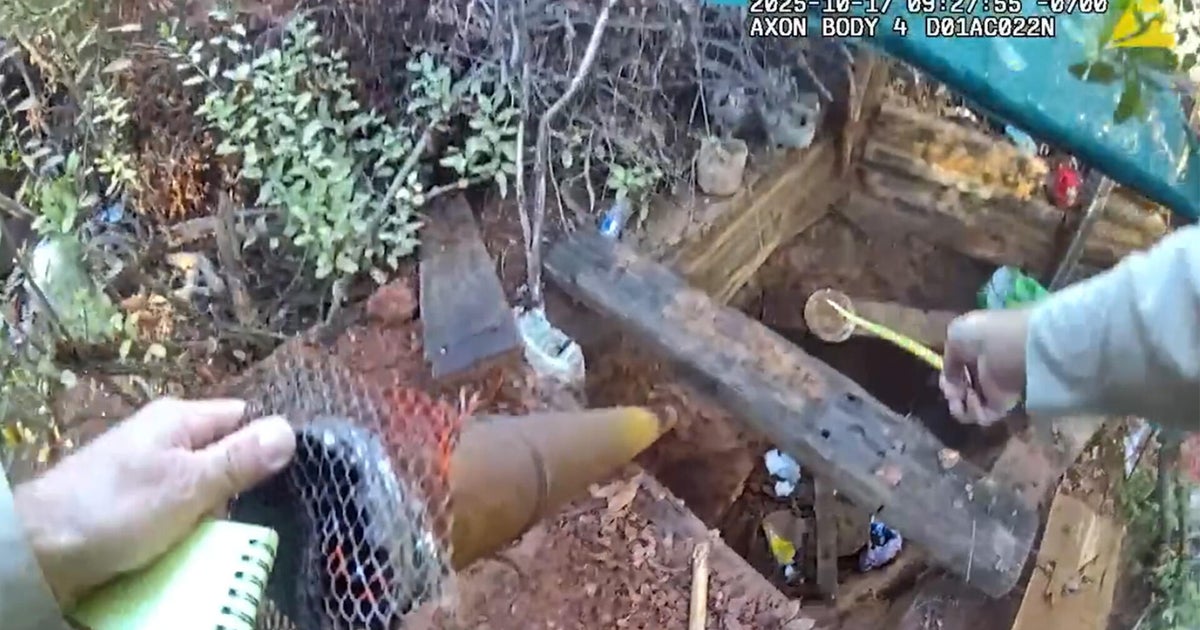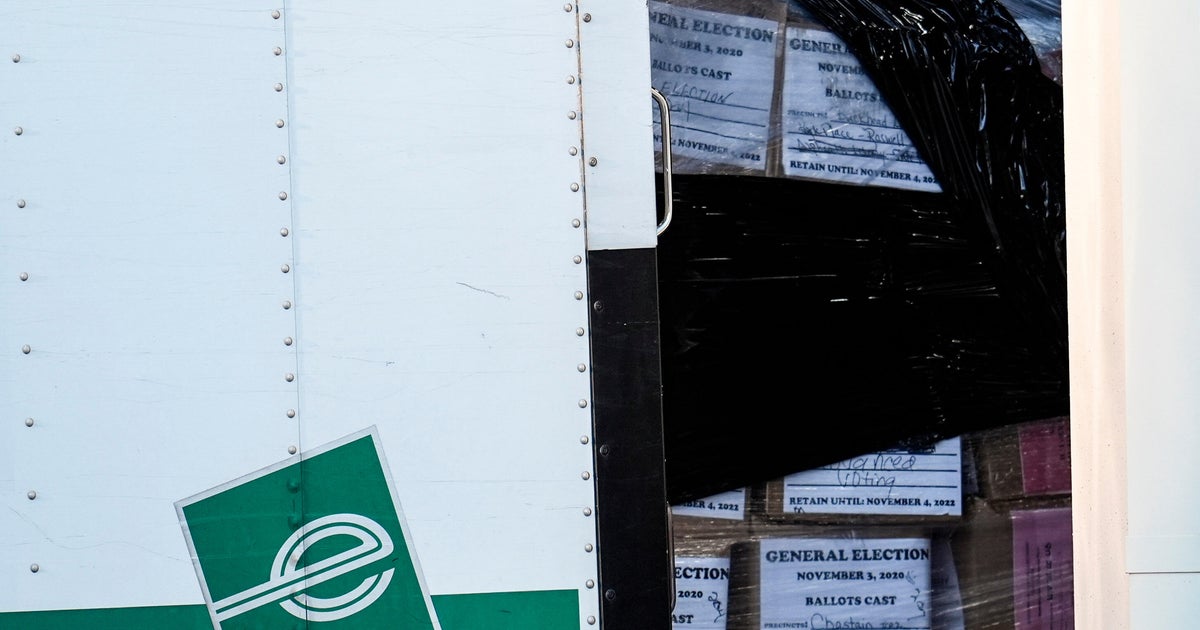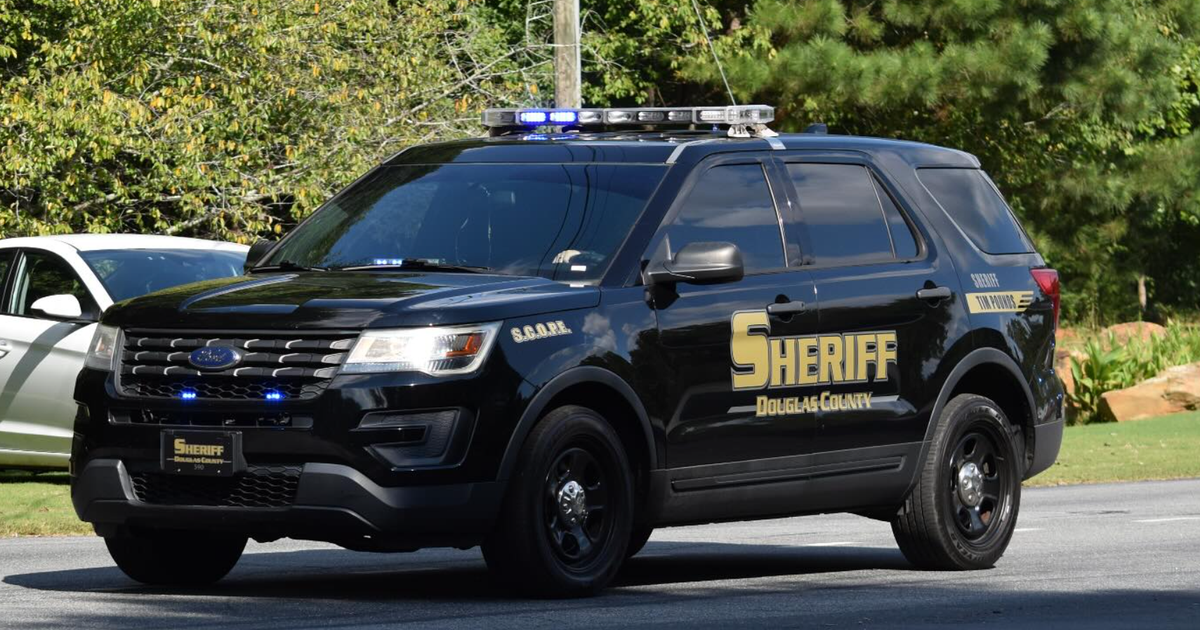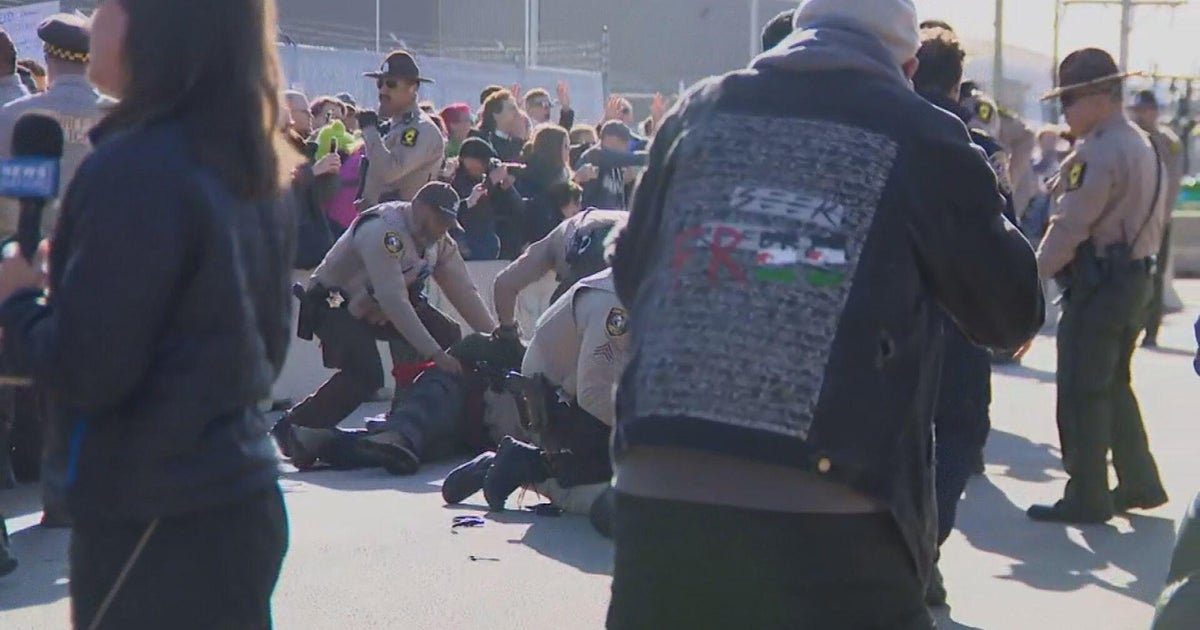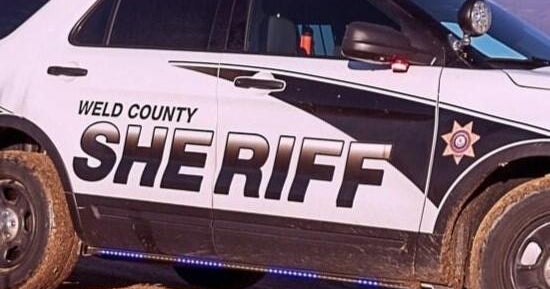Minnesota judge: Blocking pipeline protest camp was wrong
PARK RAPIDS, Minn. — A judge in Minnesota has ruled that sheriff's officials had no right to block access to a camp set up in opposition to the Enbridge Line 3 oil pipeline.
In an order issued Tuesday, Hubbard County District Judge Jana Austad ruled the pipeline protesters were using a private driveway, not a county trail, to access Camp Namewag near Menahga.
In June 2021, Hubbard County Sheriff Cory Aukes served notice on American Indian activist Winona LaDuke and Tara Houska, who manages the site, that the road to the camp was a county-owned trail which would be barricaded and that those who drove on it would be arrested.
The blockade lasted about three days, according to court filings, and then was in place occasionally after that. Sheriff's deputies made a number of arrests and blocked people from bringing food and water onto the property, according to the civil complaint filed by LaDuke and Houska.
Austad ordered the sheriff to take down any notices prohibiting motor vehicle traffic on the driveway. She also voided the citations LaDuke and Houska were given for driving on the roadway.
In her order, Austad wrote that the easement and driveway clearly were linked to the camp, which would be landlocked without them, and the county had no right to block the road.
In 2018, LaDuke bought a parcel of land near Menahga and secured an easement to reach it across county-managed land, using the existing driveway, the Star Tribune reported.
The 1,100-mile tar sands pipeline, which has long been the target of protests, went on line in October and carries heavy crude oil from Canada to Superior, Wisconsin.
